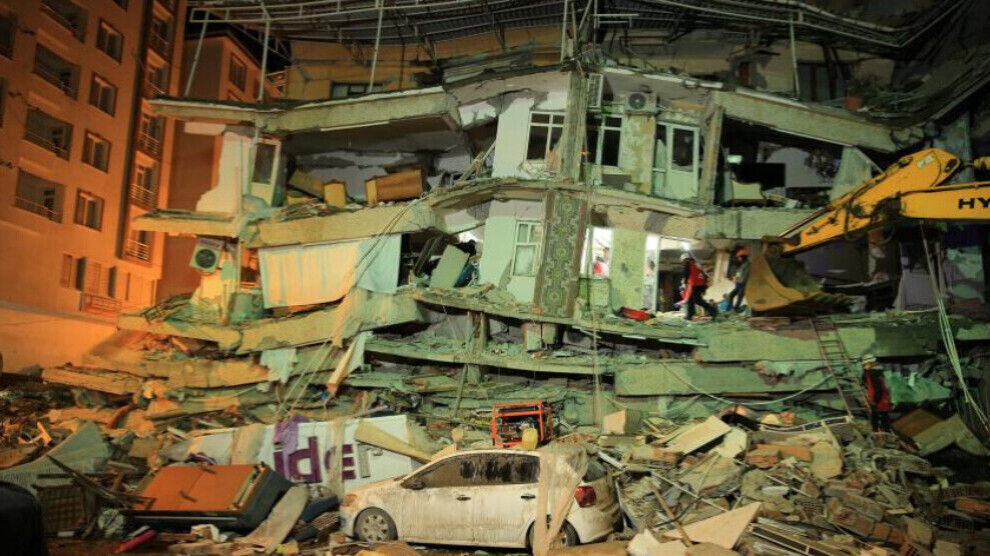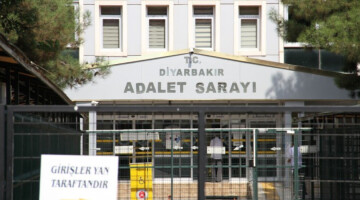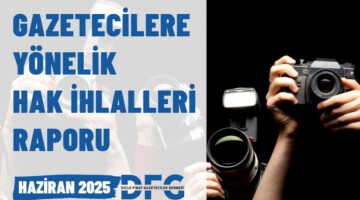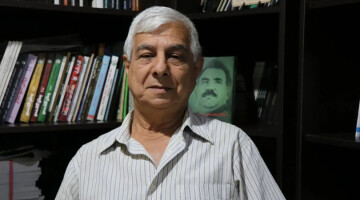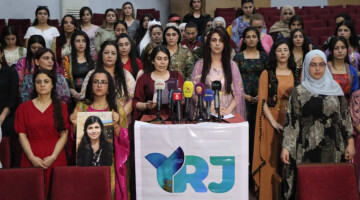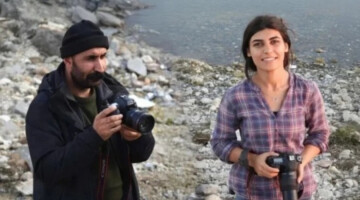The Dicle Fırat Journalists’ Association (DFG) released its report on the violation of the rights of media workers and the violation of press freedom following the earthquakes in south-eastern Turkey and north-western Syria. According to the DFG, an inconceivable new climax in the gagging of critical media is taking place in Turkey these days.
The Amed (tr. Diyarbakır) based organisation is outraged that even after a disaster like the 6 February series of earthquakes, the Turkish authorities continue their "war on the free press" and alarmingly deteriorate the working conditions of media professionals. The accusations against the government range from intimidation and harassment to physical violence, arrests and arbitrary investigations, to digital persecution aimed at preventing critical reporting on the state's failures in the aftermath of the earthquakes.
According to official figures, more than 50,000 people were killed by the severe tremors in the Turkish-Syrian border region almost three weeks ago, more than 44,000 in Turkey alone. Among them were at least 25 media workers, DFG said in its report, naming them as Burak Alkuş, Hidayet Özdemir, İskender Korkut, Kemal Öner, Muhammed Akan, Ruhi Akan, Yunus Emre Doğan, Zübeyir Pektaş, İsmail Hakkı Koçak, Fatih Bayın, Barış Can Tabakçı (died in Adıyaman); Ayşe Figen Arl, Burak Milli, Gökhan Aklan, İzzet Nazlı, Neşet Alkan, Erhan Yılmaz, Mehmet Tekin, Hasan Seid Okay, Berkay Akay (died in Hatay); Mustafa Yüzbaşıoğlu, Aziz Çevlik, Fatih Nalbantbaşı (died in Maraş); Meltem Özgen (died in Adana) and Fatma Erdoğan (died in Antep). "Our colleagues would still be alive if compliance with building regulations had been enforced instead of profiteering by disregarding safety standards, and if state aid had arrived in time after the earthquakes," the report stressed.
Pointing to numerous and alarming violations of press freedom and human rights violations that are legitimised by means of an emergency decree, DFG stated: "Four media workers were detained on the pretext of not having official press cards or being guilty of 'inciting hatred' and 'spreading false or misleading news'. Violent assaults were recorded in 14 cases, both by state officials and private individuals. At least 19 times we documented that free reporting was deliberately prevented. Investigations were initiated against six colleagues because they are suspected of having 'defamed' the police or the state. Penalties were imposed on three opposition TV stations for their critical reporting after the massive earthquake. In addition, the Turkish Information Technology Authority blocked access to a total of 340 websites without further justification, following a decision by the 4th Heavy Penal Court in Ankara. Affected by this censorship measure are various YouTube channels and Twitter accounts as well as the internet presence of media institutions, including Xwebûn, the only Kurdish newspaper in Turkey, and the women's news agency NûJINHA. As DFG, we emphasise that our commitment to press freedom cannot be stopped. No matter how difficult the obstacles are that are put in our way, we are committed to the truth and will not give up the search for it."

